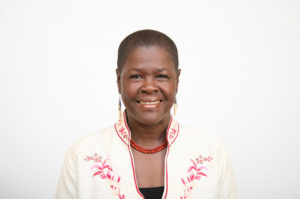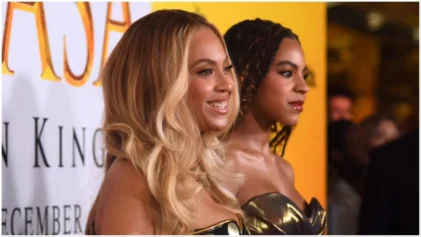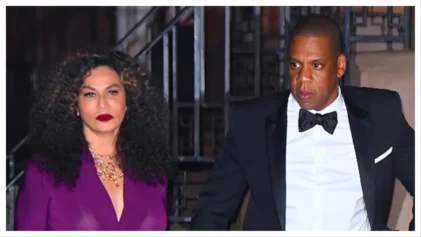A founder of the British Black Women’s Movement has challenged the ideas set forth in Beyoncé’s Black Panther-inspired Super Bowl 50 halftime show and the video for her single “Formation” in an interview earlier this month.
Beverley Bryan was at the forefront of the Black women’s movement in the UK during the 1970s. In fact, she founded a movement that stemmed from the sociopolitical galvanization of the British Black Panther movement.
Bryan is now a retired professor from the University of West Indies and co-author of the pioneering book about the rise of Black British feminism during the 1970s called The Heart of the Race: Black Women’s Lives in Britain.
The history of the Black Panther Party has been defined by raw Blackness and vigorous activism. The group’s goals have been to protect, feed, educate and free Black communities from capitalistic white oppression. In the United States, the group was vilified and hunted down by numerous American counter intelligence agencies, but abroad the group was celebrated for taking on American imperialism with rigorous fortitude.
Many of Beyoncé’s critics were outraged because of the Black Panther iconography and their many clashes with police in the late 1960s and ’70s. But many people did not see the video as some political treatise on Black liberation. For example, rapper Killer Mike believes the video was a personal declaration of Blackness. Back in February, the rapper stated:
“White people, it’s not always about you,” he said during an appearance on HBO’s Real Time With Bill Maher. “And what I mean by that is when you hear her talk about the record, she says first, ‘I’m not in the Illuminati.’ She’s talking to other Black people, saying, ‘Look, stupid. Because I’m not at Ferguson when you want me to be doesn’t mean I’ve sold you out.’ And then the rest of the first verse is about her telling other Black people, ‘I like being Black. This is the type of Black I am. I like the fact that my daughter’s Black… I like me.’ White people, that conversation wasn’t even for you.”
However, there are some who did not care for the entertainer’s intentions.

Former British Black Panther Beverly Bryan
In a March 10 interview with The Debrief, Bryan was asked what she thought of the video, and she was not fond of it. Saying that “struggle is not a commodity, right, to get you more clicks. It’s not a commodity to be packaged and sold, so there!”
Bryan feels that there is a capitalistic gain to be made here and that it may not be genuine. To her, Beyoncé has trivialized the movement.
“So [I know] you’re going to ask me about Beyoncé, let me tell you first of all, I have zero interest in Beyoncé. I don’t kinda pretend to have an interest in her, I looked at the video you were talking about, it was Formation right? There was a link from an older American man, probably someone who was from the Panthers, the phrase he said I liked was being a Black Panther was not about being cool and hip it really was people who put their life on the line, some people died in order to make a point for racial and social justice.”
This year marks the 50th anniversary of the group, and many people have not heard of the Black Panthers in Great Britain.
According to the writer Anne-Marie Angelo in The Black Panthers in London, 1967– 1972: A Diasporic Struggle Navigates the Black Atlantic, “the British Panthers took their ideological inspiration from the U.S. Panthers. The U.K. Panthers appropriated the U.S. Panthers’ revolutionary aesthetic as a model for protest, necessary violence, and for engaging with the state.”
From this movement, Black women became empowered as well, creating the nation’s first Black women’s movement. Bryan’s work as an activist helped change and inspire the lives of Black British women. She joined the group right out of college and became a member to do more “radical” forms of activism after working with others, she said.
Bryan’s comments go against other former Black Panther members who have come out to support Beyoncé’s “Formation.”



